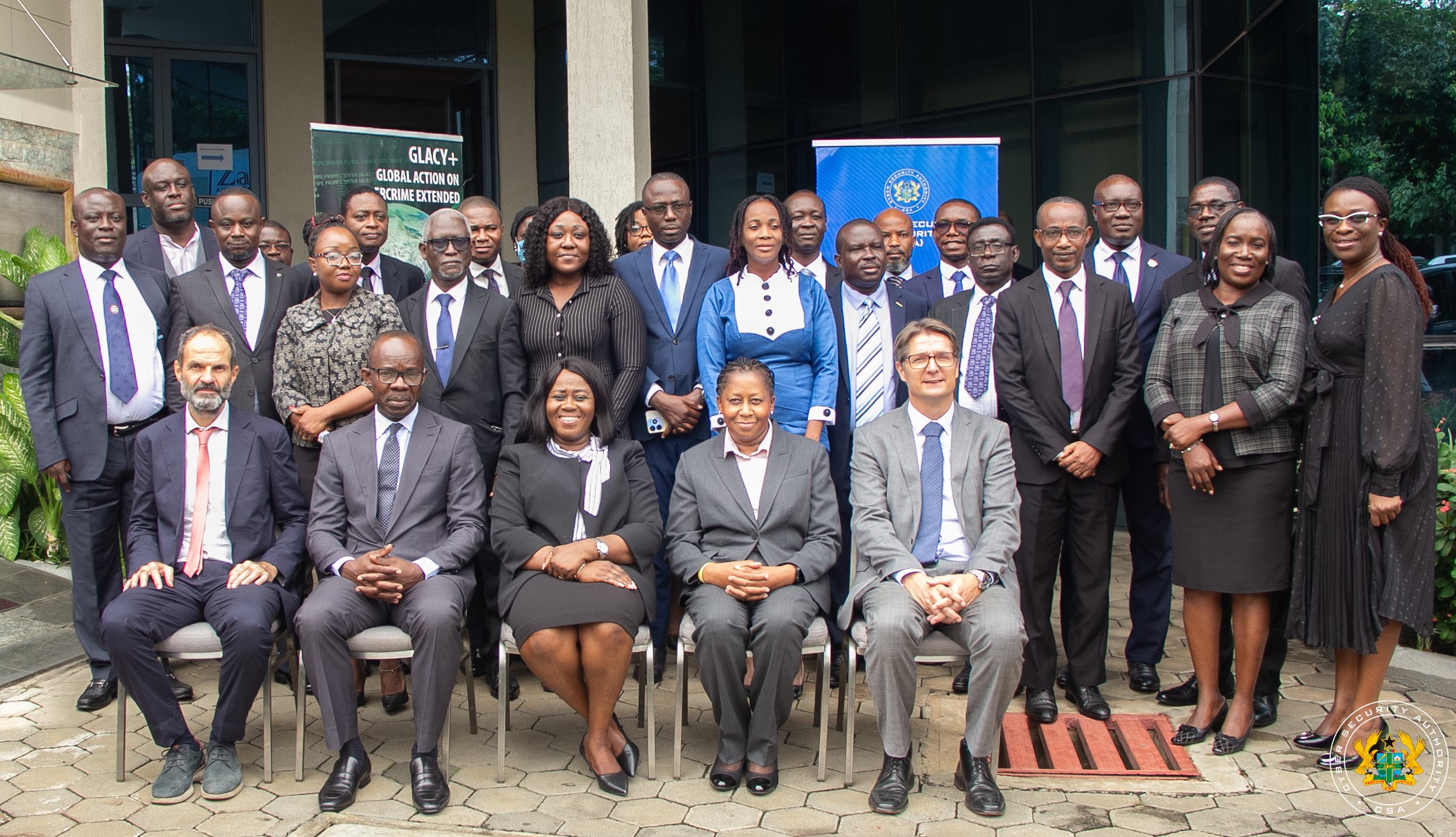JUDGES URGED TO STAY ABREAST OF ELECTRONIC TOOLS
 The Chief Justice, Gertrude Esaaba Torkornoo, has asked judges to rise to the occasion on the digitalisation agenda by developing appreciable evaluation skills in electronic law (e-law).
The Chief Justice, Gertrude Esaaba Torkornoo, has asked judges to rise to the occasion on the digitalisation agenda by developing appreciable evaluation skills in electronic law (e-law).
She entreated judges to appreciate the fact that the issues of e-law had stretched to virtually every arena of life that humanity was engaged in, for which it was expedient for judges to update themselves with digital trends in the adjudication of justice.
The Chief Justice made the call at the opening of a three-day introductory judicial training on cybercrime and electronic evidence for judges in Accra on Monday. It brought together about 25 judges drawn from various courts across the country.
Computer-related offences have grown rapidly both in number and in sophistication, and Ghana, as with many other developing countries, is hardly present in international discussions on cybercrime and cybersecurity and is thus not able to shape or contribute to the international agenda.
Thus, Ghana adopted legislation on cybercrime, but its main challenge is the capacity to apply the legislation. Lack of adequate training has been a major obstacle to having judges, prosecutors, and other judicial officials respond to the threat of cybercrime and handle electronic evidence in an effective and efficient way.
The Cyber Security Authority (CSA), with funding support from the European Commission Technical Assistance and Information Exchange (TAIEX) Instrument is undertaking a series of workshops across Ghana to enhance the capacity of the judiciary and prosecutors regarding cybercrime and electronic evidence as a decisive factor in contributing to the rule of law.
Expressing excitement about the training, the Chief Justice said e-commerce, e-trade, e-contracts, and intellectual property rights, among others, were now being conducted virtually, and the expertise of judges in these new trends was a prerequisite for the efficient trial of cyber-related cases, particularly in the gathering of electronic data.
“Judges must develop new working skills by staying abreast of the digital space. You must develop leadership skills in this arena if you want to remain relevant in the system,” she stressed.
Albert Antwi-Boasiako, stated that the major regulatory activity being undertaken by the Authority to license cybersecurity service providers and accredit cybersecurity establishments and professionals was tailored to support the training of the judges.
“One of the domains of our accreditation is digital forensic expertise,” he said, and he noted that the courts needed technical expertise to provide support to the training process. “It is inevitable to keep certain levels of knowledge, understanding, and skills required in these technical complexities, so the CSA is developing a workforce to support the process”.
Antwi-Boasiako pledged the support of the CSA to the office of the Chief Justice, stressing “We at the CSA support champions, and we are going to lend you our support”.
He intimated that digitalisation has consequences and has come to stay as far as criminal justice administration is concerned, and how to deliver justice in the digital era was a new trend that judges must appreciate.
Dr. Antwi-Boasiako said the ever-growing technological milestones in Africa, with their attendant increased use of cyberspace, had brought some inherent challenges to the administration of justice, especially in the consideration of electronic and forensic evidence and other complex technological issues involved in the trial process.
He indicated that the advent of the digital age had brought with it unprecedented opportunities and conveniences, but it has also spawned new forms of criminal activities that threaten society's very fabric.
“The Global Risks Report 2023 of the World Economic Forum has projected cybercrime to rank eighth on the Global Risk Index for the next 10 years. Further to that, Cybersecurity Ventures, a cybercrime research organisation, has predicted that cybercrime will cost the world US$8 trillion in 2023 and a further US$10.5 trillion by 2025,” he added.
He further referenced a report by the Bank of Ghana on the total loss value from cyber fraud that increased from GH¢2.6 million in 2021 to GH¢4.3 million in 2022.
The Head of the Co-operation of the EU Delegation in Ghana, Mr. Massimo Mina, while recognising Ghana’s efforts at fighting cybercrime with the CSA at the forefront, averred that it has become clear in the last years that fighting cybercrime and strengthening cybersecurity are global concerns requiring urgent attention.
Also present at the event were Justice Afia Serwa Asare-Botwe, an Appeals Court judge; the Deputy Director of the Judicial Training Institute, Mr. Jacob Soung, Esq; Madam Esther George, the Chief Executive Officer of Zyber Global; and Ms. Cosmina Menghes, Programme Officer of the Global Action on Cybercrime Extended (GLACY+) Project.
Social Media Links
Events and Gallery
Advisories
Government Advisory
Business Advisories
Public Advisories
Children Advisories

